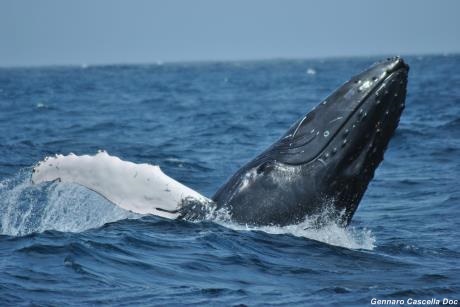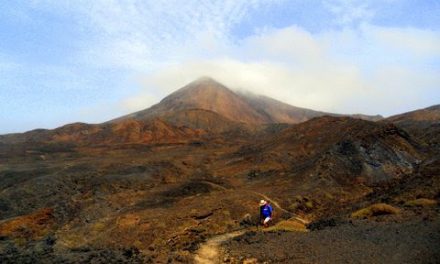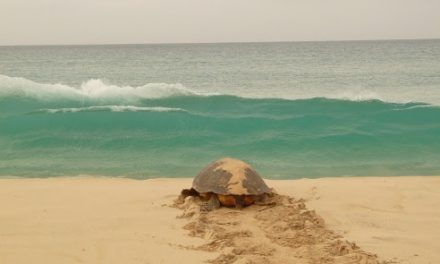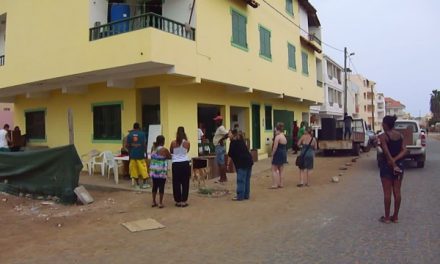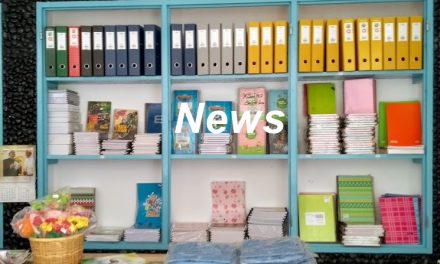NATURALIA: ECOTOURISM ON BOA VISTA (Cape Verde Islands)
- Naturalia is a local ecotourism agency that began to work on Boa Vista island inJanuary 2009.
- Naturalia organizes several wildlife tours “to discover, know and enjoy the bio-diversity of Cape Verde”.
- We promote eco-tourist activities, based on the rational and sustainable use of thenatural resources of the island.
- Make local people aware about the economical value of the natural resources and the importance of a long-term conservation, facilitating their involvement and participationin the project activities and benefits.
- Articulate tourism and environment to support conservation and protection activities of threatened species and habitats.Contribute to a better knowledge of Boa Vista habitats and species by collecting data of scientific interest.
Available NOW:
Whale-watching
Humpbacks whales carry out seasonal migrations between their high-latitude feeding areas and their low-latitude breeding grounds. The Cape Verde Islands are one of the two breeding sites for the species in the North Atlantic. March and April is the peak of the breeding season and also the time when these acrobatic whales can be sighted off the W and SW coast of Boa Vista.
This activity offers a great opportunity for researchers to collect data on the temporal and spatial distribution of whales, their behaviour, as well as pictures and skin samples for individual identification
Half-day tours are available in the morning (8:30) and in the afternoon (14:00). The boat trip normally takes 2-3 hours. Click on the photos below to enlarge them.
{module_photogallery,8634,4}
Bird-watching
Boa Vista offers excellent opportunities to observe an interesting diversity of avifauna. More than 20 different bird species breed on the island. Wetlands Areas located along the shore (brackish or salty water) or inland (freshwater) are worth visiting.
The Magnificent frigatebird (Fregata magnificens), the Cream-coloured courser (Cursorius cursor), the Egyptian vulture (Neophron percnopterus) and the White-faced storm-petrel (Pelagodroma marina) are among the most sought-after species by enthusiastic birdwatchers. Active Red-billed tropicbird (Phaethon aethereus) breeding colonies are also very enjoyable.
Half-day and full-day tours are available upon request. The prices range between 40 and 80 € depending on the number of people, length of tour and logistics involved.
Snorkelling tours: Observation of corals and coral-related marine life
Cape Verde figures on the top 10 list of ‘Hot spots’ for coral biodiversity, though no true coral reefs exist in the archipelago. Instead, there are a number of sites with rich coral communities. As Gatas Bay, on the NE shore of Boa Vista, combines optimal natural conditions for both coral development and safe snorkelling activity. “Gatas” refers to the local name of the nurse shark. Aggregations of this shark species occur in this area during the summer period. The coral community found in this bay is characterized by hermatypic species that support a particular marine flora and fauna diversity.
Snorkeling tours are only possible at high tide, since at low tide the bay becomes too shallow.
Free-diving equipment (wetsuit, lifejacket, mask and snorkel) are provided.
Trip to As Gatas (4-wheel vehicle) takes approximately 50 minutes from Sal-Rei.
Turtle watching tours (From June until October)
Turtle-watching tours (observation of nesting loggerhead turtles) are conducted at night from early July to late October. Hatchlings can be observed from late August on.
Departure from the hotels is between 19:30 and 20:00. An 80-minute trip by car (4-wheel vehicle) takes guests to the nesting beaches on the E-SE coast of the island.
Briefing: a guide will introduce people several information on marine turtles’ biology and conservation work in the Cape Verde Island, as well as the basic rules to follow in order to minimize disturbance on the animals i.e.no camera flash or noises etc.
Observation of turtles: The chance of seeing turtles is 100%. However, it must be borne in mind that most times, turtles coming ashore do not lay eggs, because they do not find a suitable nesting site on the beach. Nesting females are approached only when they have started to lay eggs, Night time photo taken by us, below.
Arrival at hotels is between 1:00 and 2:00 am.
Group size: 6-16 people/guide.

Our guides speak, of course, different languages, and all nationalities are welcome.
My main directives are to give the information, translate or interpret the biologist, assisting customers and make sure everything runs well with them.
Many other agencies here in Boa Vista are trying to emulate our activities, the only difference is that we are specialized in this, in fact we do not propose any type of activity that is not strictly tied to nature, or at least not in all respects i.e. noise, seas, or worse, use of moto-quad, jetsky etc …
G.Cascella
Email the office and someone will get back to you: naturalia.cv@hotmail.com

